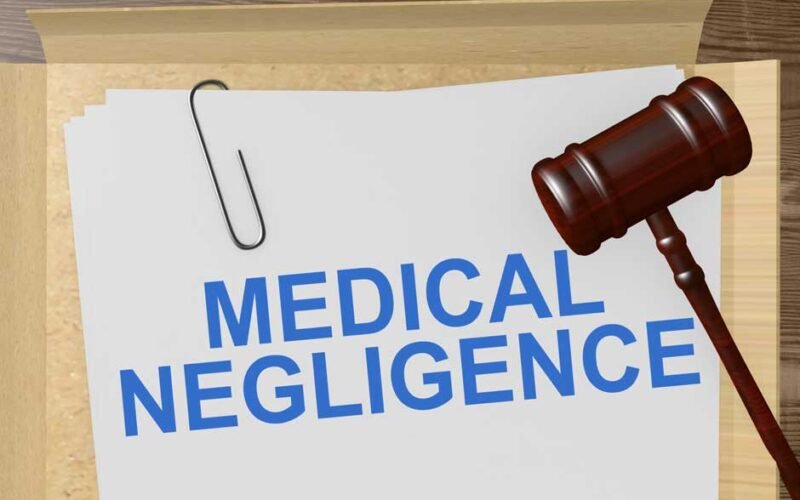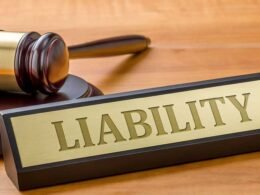Social media has become an extension of our lives. We post updates, share photos, and comment on everything from dinner plans to personal struggles. But if you’re involved in a domestic violence case—whether as the accused or the accuser—those casual posts can have serious consequences. An expert Buckeye Criminal Defense Attorney says what you share online can be used against you in court, turning an innocent selfie or an emotional status update into powerful evidence. Here’s why you must tread carefully and how to protect your case—and yourself—when emotions run high and the stakes are even higher.
Social Media Is Public—Even When It’s “Private”
Setting your account private means only friends and family can see what you post. Unfortunately, that’s not always true in a legal context. Courts can subpoena your social media accounts, and even deleted posts can be recovered. Screenshots can circulate fast, especially if someone actively seeks to discredit your side of the story. When you post on platforms like Facebook, Instagram, TikTok, or X (formerly Twitter), you publish information that could be used as evidence.
Emotional Posts Can Undermine Credibility
It’s natural to feel emotional during a domestic violence case. You may feel the urge to vent or defend yourself online. But posts that appear angry, bitter, sarcastic, or vengeful can harm your credibility. For example, if you’re the victim and post a meme about revenge or a cryptic status about “getting even,” the opposing party could argue that you’re not as vulnerable as you claim—or worse, that you’re retaliating. If you’re the accused and you publicly deny the allegations or insult the accuser, those posts may be used to demonstrate a lack of remorse or aggressive behavior.
Innocent Posts Can Be Misinterpreted
Sometimes, it’s not what you say, but how someone else spins it. Let’s say you post a photo of yourself with friends, smiling and laughing. To you, it’s a reminder that you’re trying to stay strong. But in court, it could be used to suggest that you’re not as emotionally affected as you claim to be. Or maybe you share a quote about “cutting toxic people out of your life.” That could be interpreted as indirect messaging to the opposing party. Even likes, shares, and comments can be scrutinized.
Location Tags and Check-Ins Can Backfire
Geotagging your location or checking in at a bar, club, or concert may seem harmless. But if there’s a restraining order in place—or if you’re supposed to avoid certain behaviors—those updates can haunt you. For example, if you’re accused of violating a no-contact order, a post showing you near the accuser’s home or workplace can be used to support their claim, even if you were there unintentionally. The same goes for posting while under the influence, which could affect how the court views your character.
Third-Party Posts Matter, Too
It’s not just your posts you need to worry about. Friends and family may tag you in photos or posts that send the wrong message. Maybe someone posts a group shot where you appear intoxicated, or they write something like, “We got your back—she’s going down!” Your association with that sentiment can be damaging, even if you didn’t write it. That’s why it’s crucial to ask those close to you to avoid discussing your case—or anything that could be related to it—online.
What You Should Do Instead
If you’re involved in a domestic violence case, the best thing you can do is take a break from social media altogether. Avoid posting anything that could even remotely be taken out of context. If you must be online, limit your activity to neutral or professional interactions. You should also review your privacy settings, untag yourself from questionable content, and ask friends to be mindful about what they post.
More importantly, do not try to “win” your case in the court of public opinion. Social media is not the place for legal battles. Let your attorney handle the legal narrative while you focus on maintaining peace, privacy, and perspective.
Final Thoughts
Domestic violence cases are complex and emotionally charged, and social media can make things even more complicated. Thinking about how it might look in court before you post, comment, or share. Better yet, consult a Buckeye Criminal Defense Attorney who understands how to navigate the intersection of law and digital behavior. They can help you protect your rights and avoid common mistakes that could jeopardize your case. When your future is on the line, professional legal guidance is not optional—it’s essential.










